UN Says Aid Yet to Reach Gaza Civilians as Pressure Mounts on Israel
Despite the resumption of aid convoys following an 11-week blockade, the UN reports that humanitarian supplies have not yet reached civilians in Gaza.The United Nations has warned that humanitarian aid reaching Gaza has yet to be distributed, even after Israeli authorities allowed trucks to cross into the territory for the first time in weeks. Although Israeli officials stated that 93 trucks carrying food, baby supplies, and medical equipment entered Gaza through the Kerem Shalom crossing on Tuesday, UN representatives say the aid remains inaccessible to those in need.
UN spokesperson Stéphane Dujarric explained that a UN team waited for several hours for clearance from Israeli forces to move the aid into warehouses, but permission was not granted. "Unfortunately, they were not able to bring those supplies into our warehouse," he said, highlighting logistical complications that have hampered distribution efforts.
Israel agreed over the weekend to allow limited food shipments into Gaza amid growing international concern over a potential famine. However, Dujarric called the recent delivery “a drop in the ocean of what’s needed,” noting the UN estimates that 600 aid trucks per day are required to address the dire humanitarian crisis.
The UN also cited Israel's requirement that aid be offloaded and reloaded on the Palestinian side of the border as a key operational hurdle. This procedure, according to Dujarric, makes aid operations “complex” and inefficient.
Meanwhile, violence in Gaza continues. On Wednesday, the Hamas-run Civil Defence agency reported that 15 people, including a child, had been killed in Israeli airstrikes since midnight.
The humanitarian situation has sparked mounting global criticism of Israel’s actions in Gaza. UK Prime Minister Sir Keir Starmer condemned the military escalation as “morally unjustifiable” and “intolerable,” announcing that the UK would suspend ongoing trade talks with Israel. The European Union’s foreign policy chief, Kaja Kallas, said the EU would review its trade agreement with Israel.
UN humanitarian chief Tom Fletcher issued a stark warning, stating that up to 14,000 babies could die unless aid reaches Gaza within the next 48 hours. Fletcher based his remarks on field reports from UN teams working in Gaza. However, when pressed for specifics, the UN Office for the Coordination of Humanitarian Affairs (UNOCHA) clarified that the 14,000 figure refers to projected cases of severe acute malnutrition among children under five between April 2025 and March 2026, as outlined in a recent report by the Integrated Food Security Phase Classification (IPC).
UNOCHA spokesperson Jens Laerke emphasized the urgency, stating, “There are babies who are in urgent life-saving need of these supplements... If they do not get those, they will be in mortal danger.”
Over the past 11 weeks, the Hamas-run health ministry in Gaza reported that 57 children have died due to malnutrition-related causes.
On the diplomatic front, US Secretary of State Marco Rubio welcomed Israel’s decision to reopen aid access, though he acknowledged concerns over the limited volume. “We are pleased to see that aid is starting to flow in again,” he told a Senate committee, adding that more would likely be needed.
On Monday, leaders of the UK, France, and Canada jointly urged Israel to halt its military operations and allow immediate humanitarian access. In addition to freezing trade talks, the UK also imposed new sanctions targeting several Israeli settlers and related groups.
Israel’s military campaign in Gaza began after the October 7, 2023, Hamas-led attack that killed around 1,200 people and resulted in 251 hostages being taken. Since then, Gaza’s health ministry reports that over 53,000 people have died in the conflict, including more than 3,300 since fighting resumed in recent weeks.





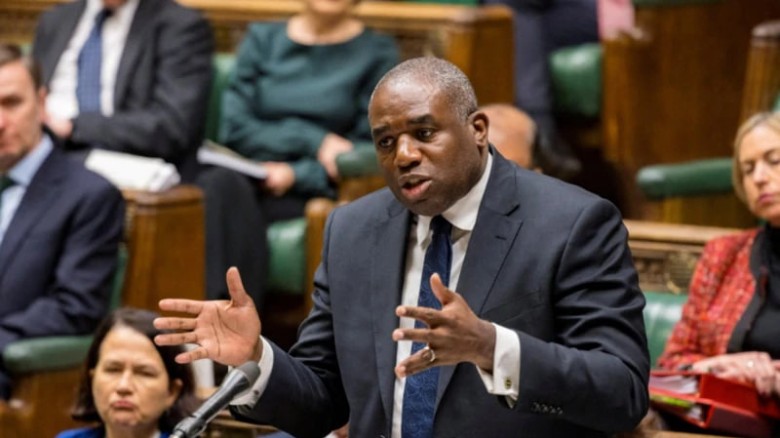






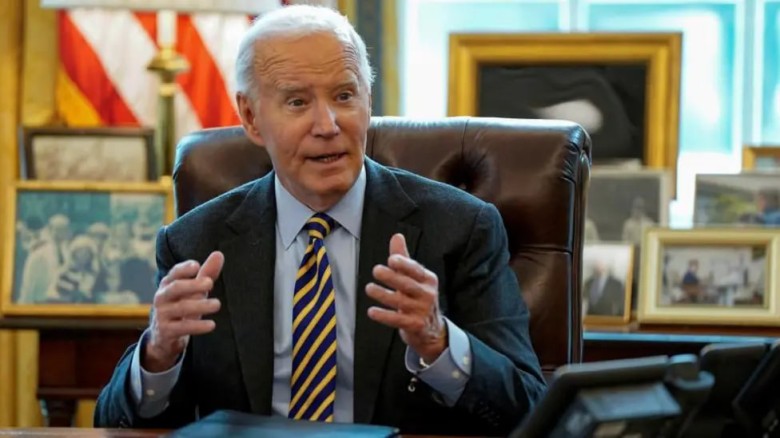






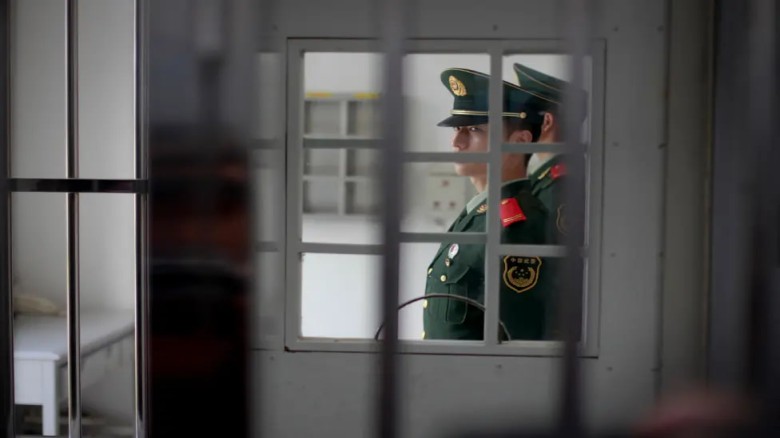



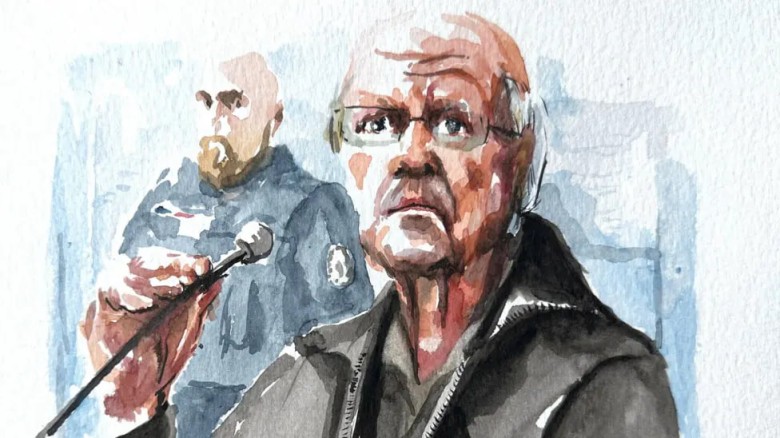



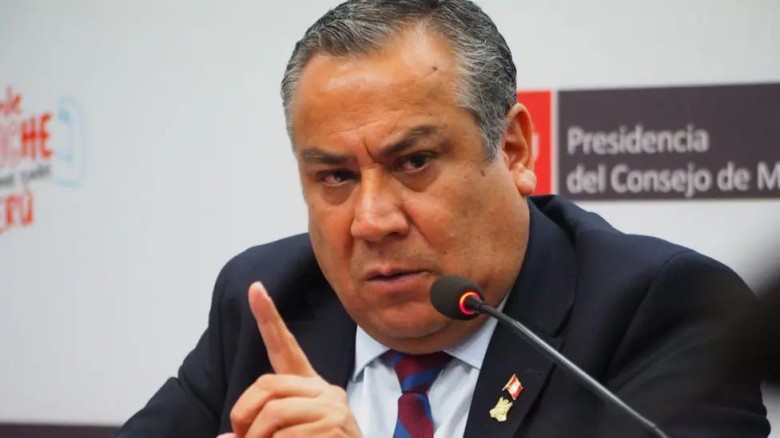












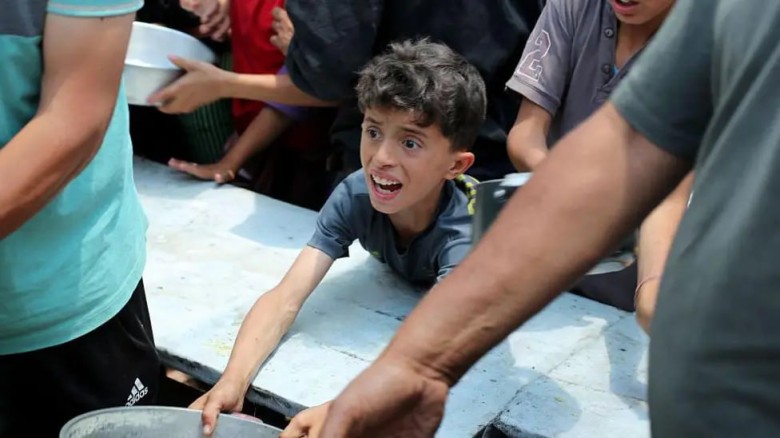
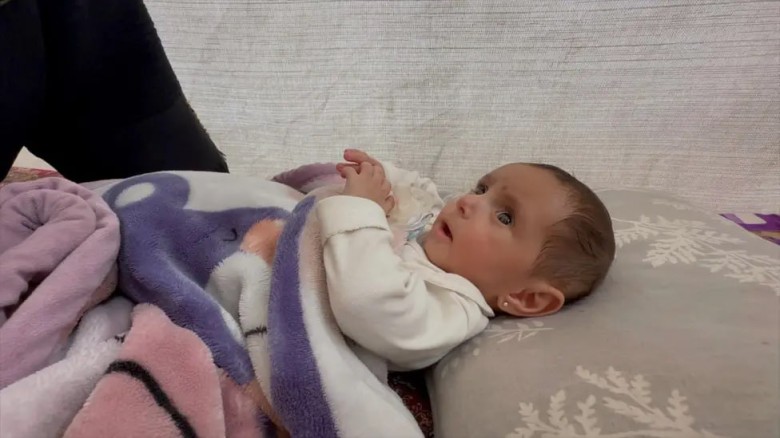








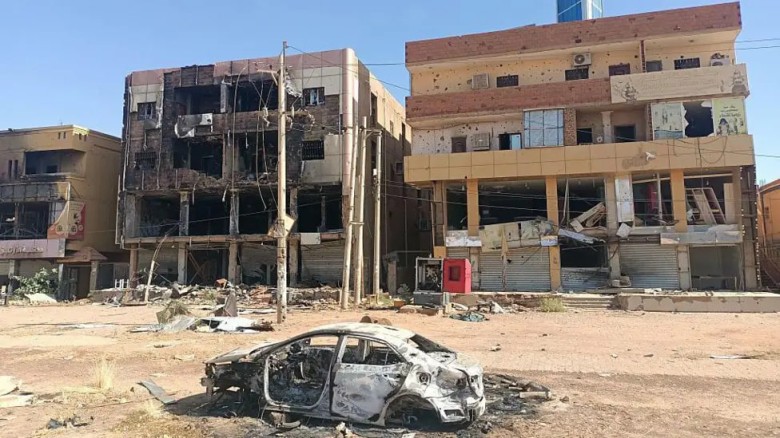

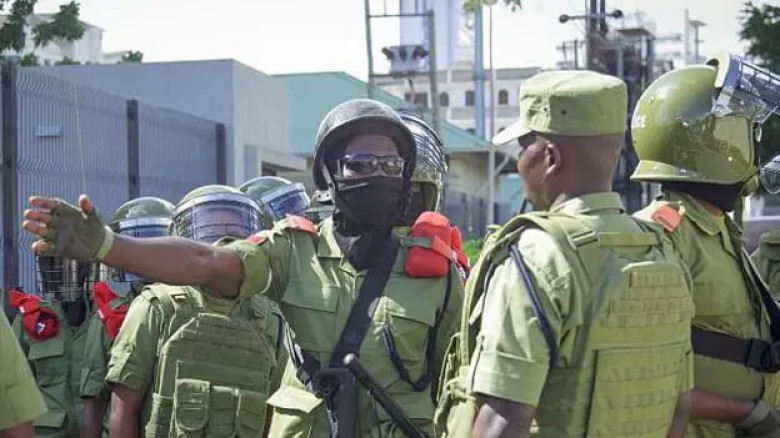



















Leave A Comment